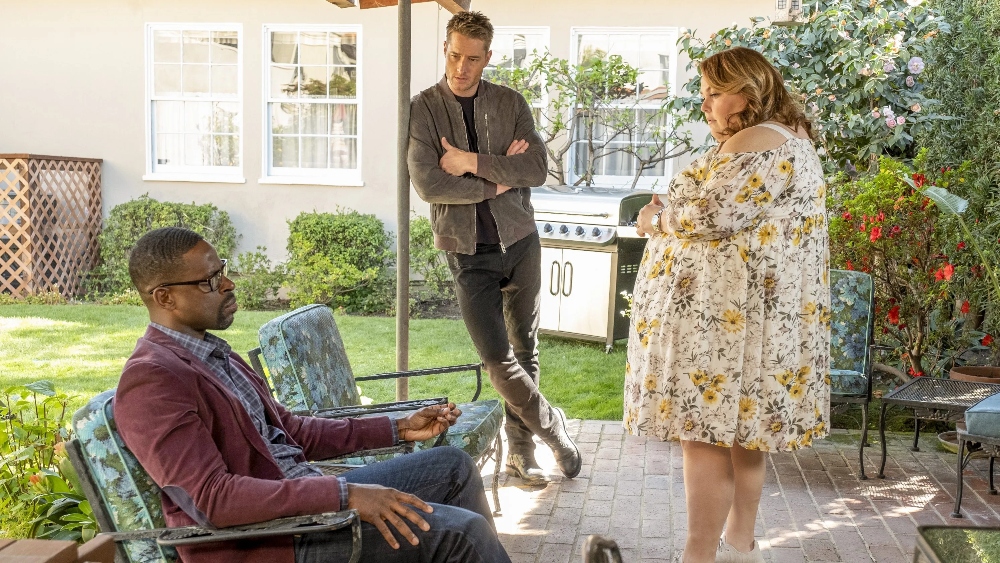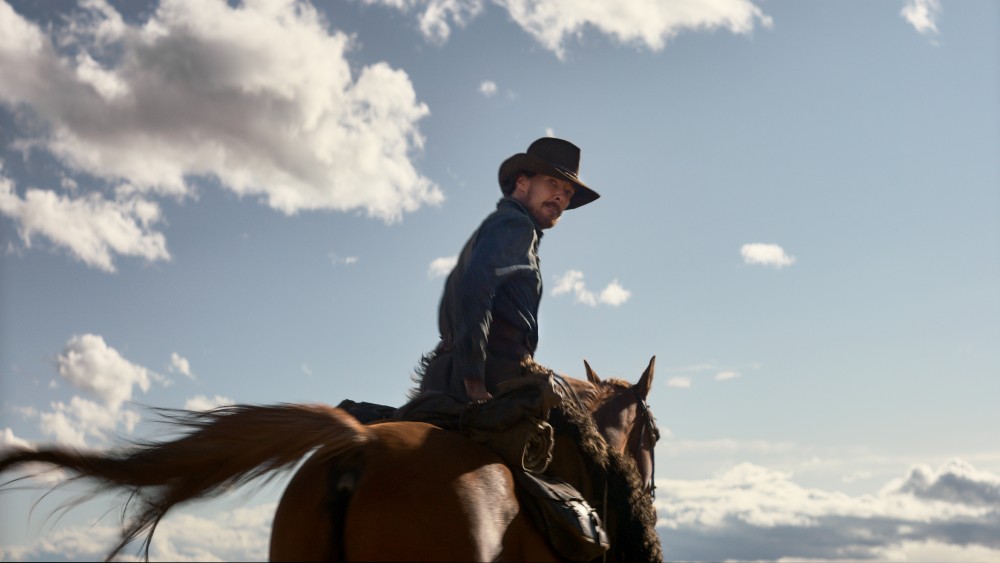
It took the Emmy Awards a long time to recognize cable television, and even though cable TV was really just starting in 1978, it was still enough for people to get together and create the Cable Ace Awards to recognize excellence in non-broadcast content. Throughout the 1980s, winning a Cable Ace Award was a badge of honor, especially in light of the fact that, unless it was a made-for-TV movie or something along those lines, it was unlikely that something from HBO or Showtime or one of the other fledgling operations out there would take home the gold.
Flash forward to the 1990s, when more and more shows were being recognized by the Television Academy of Arts and Sciences and a subtle shift began to occur. As cable entities got more notice, broadcast got less. The quality of network shows had continued to improve, for the most part, and the stigma of film stars moving to TV was still very much in play, but cable was starting to snare bigger name talent, and the Emmys noticed.
Things changed for good in 2001, when Sex and the City became the first cable show to win the Emmy for Best Comedy Series, and then, three years later, an even more seismic event occurred when another HBO series, The Sopranos, won Best Drama. With that, the landscape was changed forever. The next year, ABC’s Lost won the award, a year later it was Fox’s 24, and then… bupkis. That’s right — the last time a broadcast series won the Emmy for Best Drama was 2006. In the years since, it has either gone to Mad Men, Breaking Bad (both AMC), The Sopranos, Game of Thrones, Succession (HBO), Homeland (Showtime), The Handmaid’s Tale (Hulu), or The Crown (Netflix). This is important, and I’ll explain why in a moment, but first, something even more important.

In the 15 years since 24’s win, would you like to hazard a guess as to how many network series have been nominated for that award? If I said 10, would you be surprised? How about eight? Crazy, right? That so few network shows would be nominated in that span?
Well, what’s crazier is the actual number is six. Just six broadcast shows in the last decade and a half have earned a Best Drama Series nomination. This Is Us has earned four nods, House and Lost three each, The Good Wife two, and Boston Legal and Grey’s Anatomy one apiece. And, since 2011, only This Is Us has represented the networks when it comes to competing for TV’s top prize.
Meanwhile, the important thing I mentioned a couple of paragraphs ago? In 2017, The Handmaid’s Tale became the first streaming show to win the award. In the four years since there have been 31 shows nominated for Best Drama. Take away This Is Us’s two nods, and that leaves 29. 15 of those have been cable series, while 14 have been streaming, and over the last two years, the spread hasn’t been close, with 10 nominees coming from streaming services, five from cable, and two from NBC for This Is Us. Another seismic shift is happening before our very eyes.
I mention this because it has great relevance to the big event happening this weekend at the Dolby Theater. For one thing, a streamer is going to win Best Picture for the first time. There isn’t even a question about it. Up until a few days ago, I thought it was going to be Netflix’s The Power of the Dog, but now I’m fairly sure it’ll be Apple’s CODA, and with either win, nothing will be the same. The dam will be broken, and from here on it’ll only be a question of how often studio films are even going to earn nominations for the big prize.

I mentioned this in passing a couple of weeks ago, when I talked about the awards show itself. The Academy is no longer recognizing the kinds of movies that people actually leave their homes to see. Neither, for that matter, is Hollywood making the kinds of movies that made us love the form in the first place. I’ve written that a number of times in various places, and spoken it aloud even more, but the truth of the matter is that the major studios that remain standing these days are mostly in the blockbuster business, and the indies are making interesting movies that get plenty of attention come awards season, but little love from paying audiences, thus leaving an enormous content hole for streaming services to fill.
Given the industry landscape these days, I’m forced to wonder what the Oscars even are right now. Who are they for? What is their mission? And, for that matter, what is Hollywood’s? For whom are movies are even being made these days, and is the cinematic experience that used to be an integral part of American culture even relevant anymore?
Sure, one of the ways to improve the ratings-challenged show is to recognize greatness in bigger, more popular films — The Batman, for instance, should be taken seriously as a contender in next year’s Best Picture race, though I won’t hold my breath — that people actually leave the house to go see. This takes nothing away from the movies being made by the streamers, who have made great strides towards filling the void created by the studios when they largely abandoned mid-budget films (like The Power of the Dog) that used to be all too common. What I’m saying is that we need to lose the snottiness attached to what the Oscars have become, or else the show is going to keep shedding viewers, fewer people will care, and the world’s greatest awards show will fade into the secondary level of awareness currently occupied by the Tony Awards.

I’m not going to get on my soapbox and claim that Netflix or Amazon Prime or Apple or Hulu films are not, in fact, films. That would be ridiculous. What I will get on my soapbox to say is that Hollywood spent 100 years getting people to leave their homes and venture out to large, darkened rooms to watch movies, and if that is no longer the goal, then the difference between film and television dissolves to nil. When you consider that more people find TV to be of higher quality these days than cinema, this should be an even more bitter pill for the film industry to swallow.
Come Monday morning, while the Apple team is fighting its collective hangover after celebrating its big win Sunday night, every non-streamer in the business of making movies should huddle with their in-house brain trust and figure out how to really make themselves relevant again. Because even though half of this year’s Best Picture nominees are studio films, the fact that none is a genuine contender for the top prize should scare the bejeezus out of any executive concerned with making movies that people actually want to see.
Because that, ultimately, is what this is about. I believe people will always want to come out and see movies on the big screen. The question is, what kinds of movies are they going to come to see, and if they find that the movies they want are not the movies they’re getting, then the industry is really screwed.
 Neil Turitz is a journalist, essayist, author, and filmmaker who has worked in and written about Hollywood for nearly 25 years, though he has never lived there. These days, he splits his time between New York City and the Berkshires. He’s not on Twitter, but you can find him on Instagram @6wordreviews.
Neil Turitz is a journalist, essayist, author, and filmmaker who has worked in and written about Hollywood for nearly 25 years, though he has never lived there. These days, he splits his time between New York City and the Berkshires. He’s not on Twitter, but you can find him on Instagram @6wordreviews.
You can read a new installation of The Accidental Turitz every Wednesday, and all previous columns can be found here.





